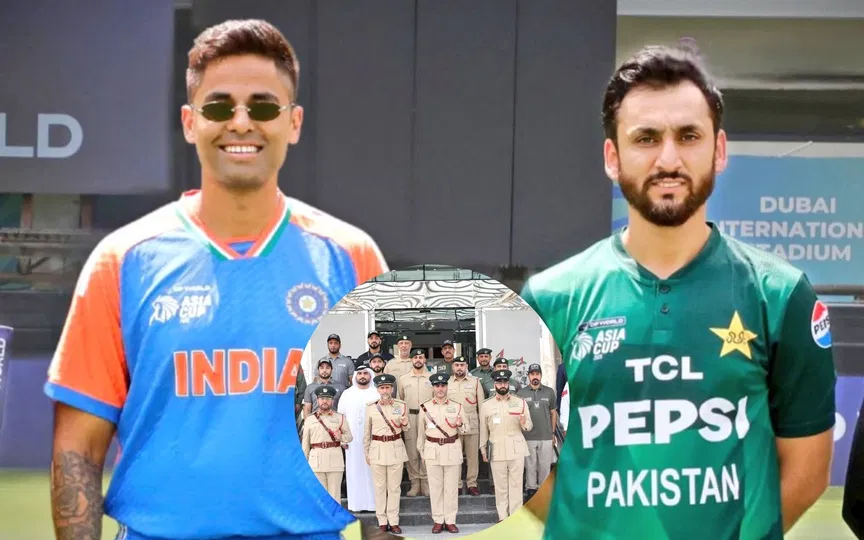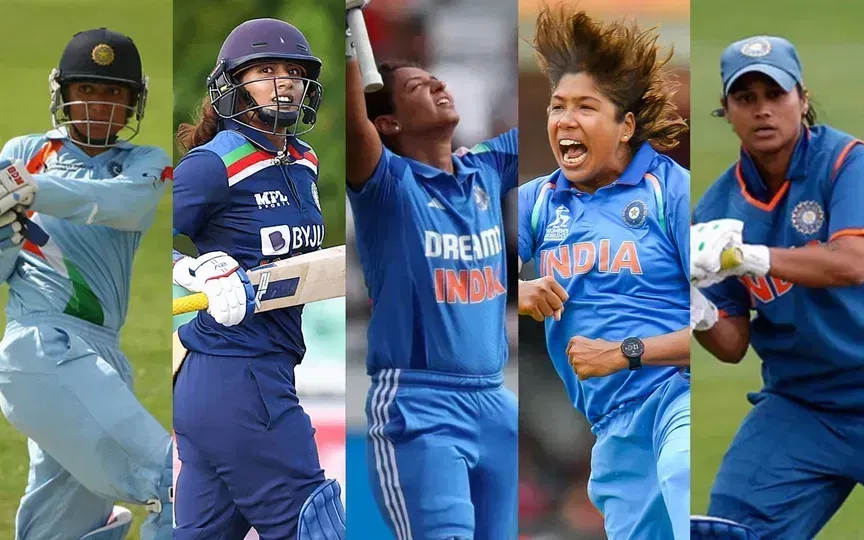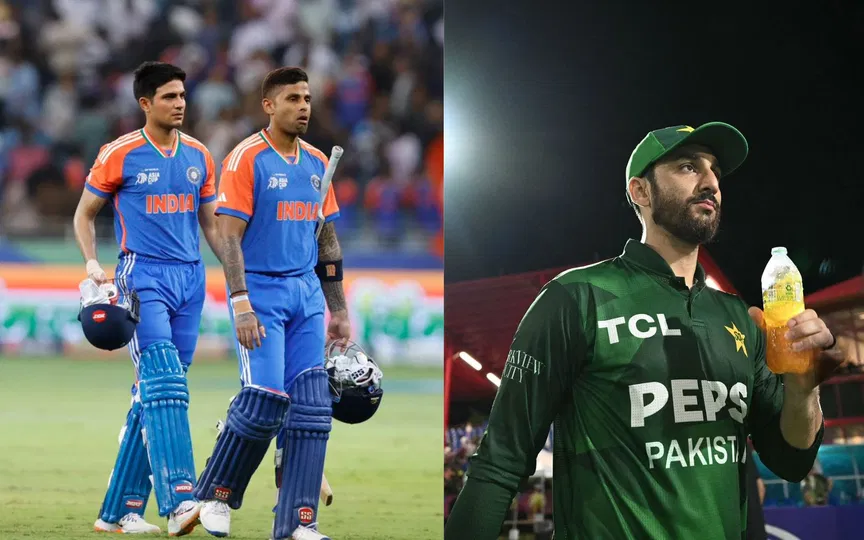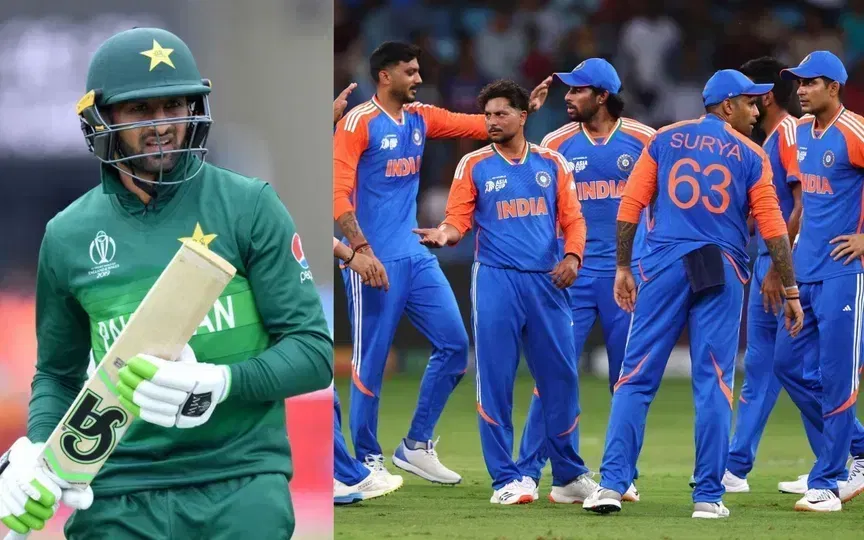![Emotions around IND vs PAK match [Source: X, AFP Media]](https://onecricketnews.akamaized.net/parth-editor/oc-dashboard/news-images-prod/1757841727944_ind_vs_pak(4).jpg?type=hq) Emotions around IND vs PAK match [Source: X, AFP Media]
Emotions around IND vs PAK match [Source: X, AFP Media]
After bureaucratic indifference, public resentment and protests over the event, the India-Pakistan match in the Asia Cup 2025 is underway. For millions, it is just another cricket match; for others, it constitutes an unconscionable betrayal of collective memory.
A dreadful event, a scar in the history of the country, something that will not be erased from the minds of citizens easily. Five months have elapsed since the Pahalgam terror attack, five months since families were irreparably fractured, and a nation's anguish crystallised into the future.
Now, cricket administrators have spoken earnestly in favour of moving forward and denying terrorism its win. Yet what does the match taking place mean when wounds remain unhealed, when grief continues to seep through carefully constructed narratives of resilience?
The calculus of continuation
When viewed through the lens of sports administrators, the decision regarding the match is influenced by different pragmatic imperatives. International tournaments require adherence to schedules, and contractual obligations bind the parties involved. Television rights generate revenues that sustain grassroots development and professional livelihoods. One fixture not going through in turn means the entire system trembles with uncertainty.
The rallying cry for the administrators is that violence cannot dictate the sporting calendar. Cricket does not belong to politicians or extremists, but to the masses who find solace in its rituals. The game often goes beyond the artificial boundaries, establishing connections across hostile borders and providing respite when existence feels overwhelmingly bleak.
Historical precedent supports the administrators' position. After every catastrophe, eventually, normalcy reasserts itself. Olympic ceremonies have proceeded despite terror threats, and football stadiums have filled after bombings. The alternative—a plunge into darkness, an indefinite suspension of displaying sporting brilliance—this serves no constituency save those who seek the dissolution of civilisation.
The moral chasm
Even with all this said, somewhere across the subcontinent, bereaved souls are not ready for this clash. How does one summon enthusiasm for sixes and wickets while still grieving for the closed ones? How does one celebrate victory when defeat feels like the sole authentic emotion?
The family members of the victims never demanded the permanent ban on cricket. They sought acknowledgement that their anguish commanded greater respect than business or television ratings. They craved recognition that certain moments demand protest through silence, not manufactured spectacle.
The paradox of triumph
Let us, for a moment, accept the inevitability of the match. What follows victory? Should the nation exult? Do pyrotechnics illuminate the sky while victims' families maintain their vigil? Do thoroughfares overflow with celebrants while cemeteries receive fresh offerings?
Jubilation after such an enormous tragedy creates an impossible emotional topography. Elation appears inappropriate; restraint seems contrived. The players themselves become unwitting prisoners. Conditioned through their careers to pursue excellence, they are now compelled to consider whether their achievements might inflict additional pain upon those they represent.
The commerce of sentiment
A cricket match cannot unfold within moral vacuums. They cater to vast economic ecosystems. Gate receipts, broadcasting licenses, advertising revenue, merchandising streams—the sports industry depends upon each match. Thousands of livelihoods, from broadcast technicians to stadium personnel, hang precariously in the balance.
One encounter gets cancelled, and not only are cricket establishments damaged, but countless working families are endangered. The ethical equation grows labyrinthine: whose welfare deserves precedence—the grieving families demanding respect for their loss, or the struggling families requiring income from the cricket economy?
The irresolvable dilemma
The most apt response proves the most discomforting: no correct answer exists. Some tragedies are beyond the capacity of tidy solutions. Some wounds are too deep for quick remedies.
The families advocating boycotts possess moral legitimacy. Their suffering has been acknowledged, and their loss demands recognition. But the life stands for persistence, even when it feels insurmountable.
The tragedy that fell upon India transcends any single cricket match; it lies in societies that compel such impossible choices. The fact that we live in a world where entertainment and mourning must compete for ethical primacy, where celebration and grief cannot coexist without generating accusations of either insensitivity or capitulation, is disheartening, but that is the ultimate truth.
Both the positions serve truth: The widows seeking respect, honour the gravitas of loss; the administrators demand continuation of honour to existence's indomitable spirit. The tension between these two ideas reflects the impossibility of achieving moral purity when reality itself remains fundamentally fractured.
The match will proceed, and citizens will watch or avert their gaze. Within that choice, a civilisation will reveal its deepest values: whether it prioritises the dignity of mourning or the defiance inherent in hope. Both responses carry validity. That recognition, perhaps, represents the most profoundly human truth of all.




.jpg?type=mq)
